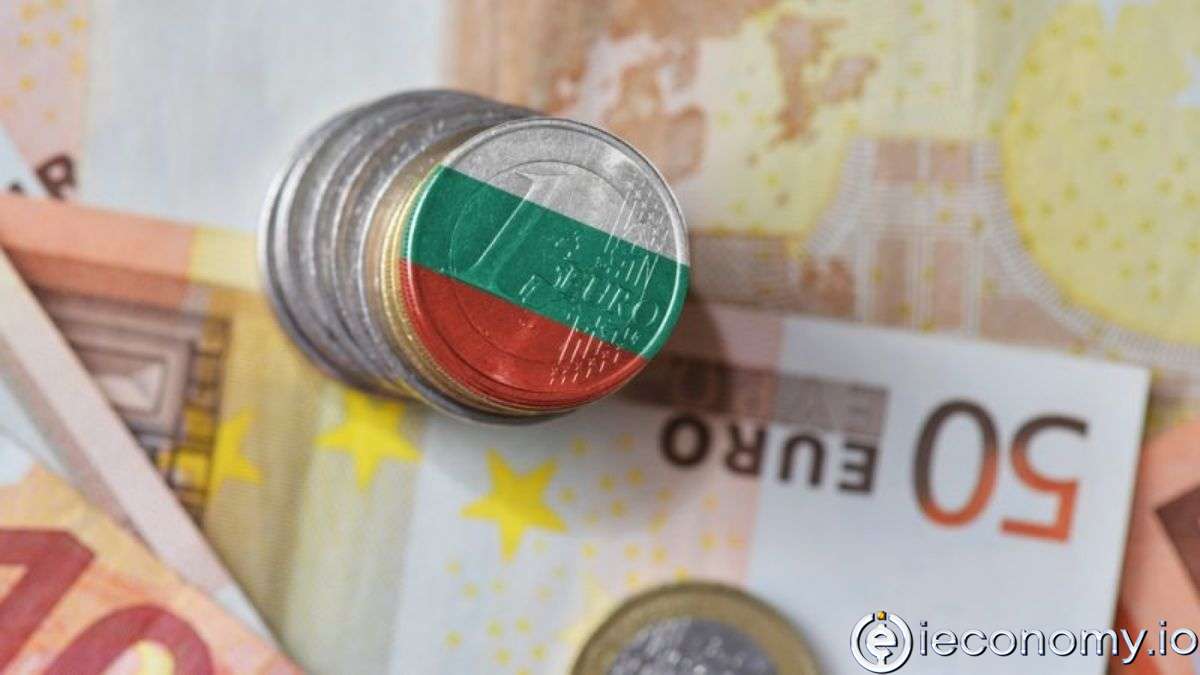7654
0
Bulgaria has been sticking to plans to adopt the euro from 1 January 2024
Bulgaria has been sticking to plans to adopt the euro from 1 January 2024. Bulgaria plans to adopt the euro without a transitional period.

Yazar: Tom Roberts
Yayınlanma: 1 Temmuz 2021 22:55
Güncellenme: 27 Ocak 2026 08:43
Bulgaria has been sticking to plans to adopt the euro from 1 January 2024
Bulgaria is sticking to its goal of adopting the single euro currency from 1 January 2024 and plans to start payments in euros without a transitional period after joining the euro area. This was announced on Wednesday by representatives of the government and the central bank. Bulgaria, one of the poorest member states of the European Union, was admitted together with Croatia in July last year to the ERM-2 exchange rate mechanism, which is a mandatory "waiting room" for joining the eurozone. According to the national plan for Bulgaria's entry into the eurozone, which was approved on Wednesday, the Bulgarians will be able to pay another month in the national currency, the lev, even after the introduction of the single currency. One of the biggest problems countries face when entering the Euroregion is that they can no longer use the exchange rate as a "pillow" to cushion any economic shocks. But Bulgaria has already pegged its lev to the euro and plans to introduce a single currency at the current fixed rate. "The introduction of the euro is planned without a transitional period and the date of adoption of the euro will coincide with its introduction as an official payment unit," the central bank and the Ministry of Finance said in a joint statement. The draft national plan is awaiting government approval after public discussions, the central bank and the finance ministry said in a joint statement. Bulgaria currently meets the nominal criteria for joining the euro area. It is one of the least indebted countries in the European Union. Its fiscal deficit accounted for only 3 percent of the economy's performance last year, despite increased spending to mitigate the impact of the new coronavirus pandemic on jobs and businesses.İLGİLİ HABERLER





European stocks soared and focus shifted to German retail sales after Powell's speech!

Forex Signal For TRY/USD: Inflation Slowdown in November.

Forex Signal For GBP/USD: Bullish Trend Still Not Breaking While Recovery Continues.

Forex Signal For EUR/USD: Starry US Data Points to Higher Fed Increases.

Forex Signal For BTC/USD: Downside Continues as Bitcoin Recovery Moves Less.
En Popüler Haberler
Yorum Yap
Yorumlar
Henüz yorum yapan yok! İlk yorumu siz yapın...